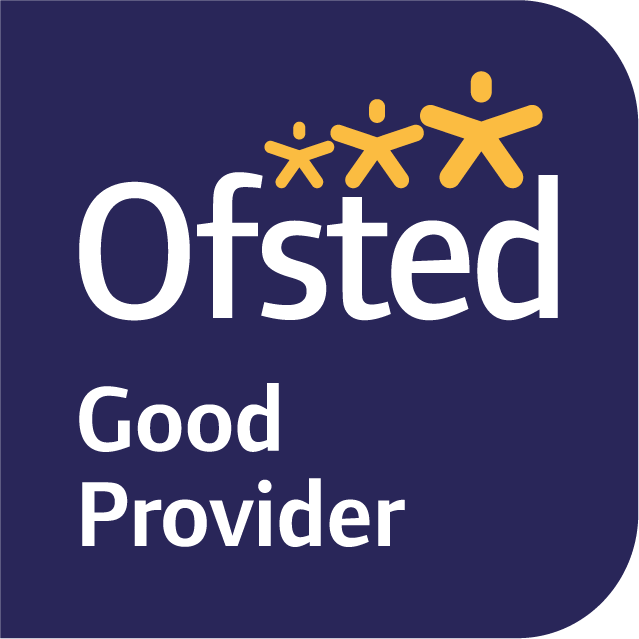Mathematics
Pashley Maths Vision
Maths is highly valued at Pashley by staff, parents and children. We understand that by getting the fundamentals of mathematics right during a child’s formative years, we will be setting the foundation for strong lifelong mathematicians. Our aim is for all children to leave Pashley feeling confident and engaged in maths; understanding its relevance and importance to real life.
Maths Mastery and Pashley
Maths at Pashley is taught through a Mastery approach with an aim that all children develop a deep understanding of the mathematical concepts they need in order for them to feel confident using maths throughout their lives. We high hold value to the teaching of early maths skills at Pashley. Children are taught maths daily throughout the school focusing on fluency, reasoning and problem solving.
From EYFS through to Year 2 teachers carefully select resources and representations to support and scaffold children to understand the maths they are learning to a deep level, skillfully moving from concrete ‘hands on’ resources through to pictorial representations then lastly moving to an abstract (written) approach. In EYFS we use Numberblocks and follow the NCETM Mastering for Number programme. This approach is continued through in Key Stage One with teachers teaching from the programme a few times a week to build on fluency skills. In addition to this, whole class maths lessons are also taught following the maths Pashley overview which is linked below. Teachers at Pashley use a variety of best practice from the WhiteRose and the NCETM documents to support planning. We use rich, expert materials to craft our lessons.
You will see from looking around our school that Maths is highly regarded by teachers and children. Weekly certificates are awarded to the Maths Master of the week from one child in each class in year group assemblies. In addition dojo points are awarded for completing maths passports with parents at home. We believe it is vitally important for our children enjoy maths, feel like confident mathematicians and to understand the relevance of maths in real life.

